
NASA created
The U.S. Congress passes legislation establishing the National Aeronautics and Space Administration (NASA), a civilian agency responsible for coordinating America’s activities in space, on July 29, 1958. NASA has since sponsored space expeditions, both human and mechanical, that have yielded vital information about the solar system and universe. It has also launched numerous earth-orbiting satellites that have been instrumental in everything from weather forecasting to navigation to global communications.
NASA was created in response to the Soviet Union’s October 4, 1957 launch of its first satellite, Sputnik I. The 183-pound, basketball-sized satellite orbited the earth in 98 minutes. The Sputnik launch caught Americans by surprise and sparked fears that the Soviets might also be capable of sending missiles with nuclear weapons from Europe to America. The United States prided itself on being at the forefront of technology, and, embarrassed, immediately began developing a response, signaling the start of the U.S.-Soviet space race.
On November 3, 1957, the Soviets launched Sputnik II, which carried a dog named Laika. In December, America attempted to launch a satellite of its own, called Vanguard, but it exploded shortly after takeoff. On January 31, 1958, things went better with Explorer I, the first U.S. satellite to successfully orbit the earth. In July of that year, Congress passed legislation officially establishing NASA from the National Advisory Committee for Aeronautics and other government agencies, and confirming the country’s commitment to winning the space race. In May 1961, President John F. Kennedy declared that America should put a man on the moon by the end of the decade. On July 20, 1969, NASA’s Apollo 11 mission achieved that goal and made history when astronaut Neil Armstrong became the first person to set foot on the moon, famously declaring “That’s one small step for man, one giant leap for mankind."
NASA has continued to make great advances in space exploration since the first moonwalk, including playing a major part in the construction of the International Space Station. The agency has also suffered tragic setbacks, however, such as the disasters that killed the crews of the Challenger space shuttle in 1986 and the Columbia space shuttle in 2003.
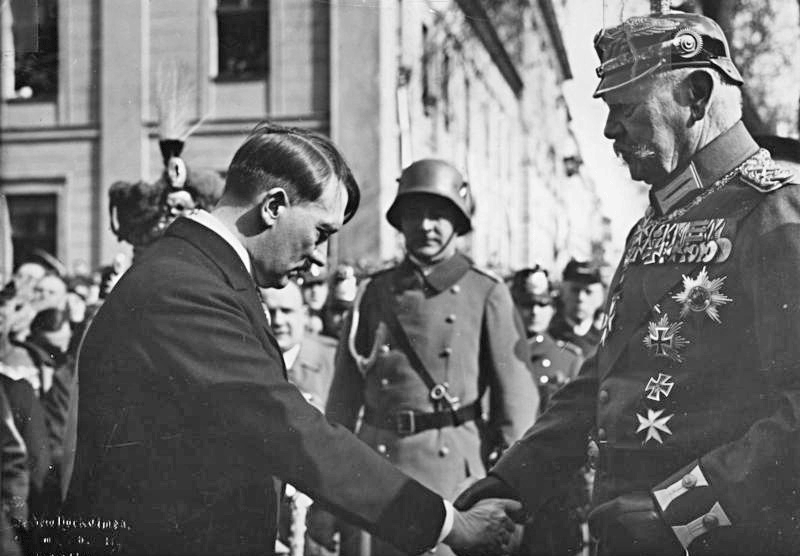
WORLD WAR II
1921
Adolf Hitler becomes the leader of the Nazi Party
On July 29, 1921, Adolf Hitler becomes the leader of the National Socialist German Workers’ (Nazi) Party. Under Hitler, the Nazi Party grew into a mass movement and ruled Germany as a totalitarian state from 1933 to 1945. Hitler’s early years did not seem to predict his rise as a leader.

ART, LITERATURE, AND FILM HISTORY
1967
The Doors score their first #1 hit with “Light My Fire”
By the beginning of 1967, The Doors were well-established members of the Los Angeles music scene. As the house band at the Whiskey a Go Go on the Sunset Strip, they had built a large local following and strong industry buzz, and out on the road, they were fast becoming known as a band that might typically receive third billing, but could blow better-known groups like The Young Rascals and The Grateful Dead off the stage.

EXPLORATION
1588
Spanish Armada defeated
Off the coast of Gravelines, France, Spain’s so-called “Invincible Armada” is defeated by an English naval force under the command of Lord Charles Howard and Sir Francis Drake. After eight hours of furious fighting, a change in wind direction prompted the Spanish to break off the coast.
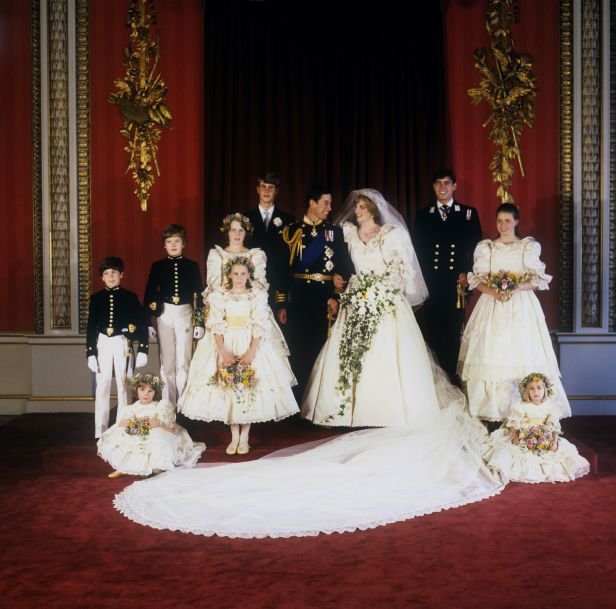
GREAT BRITAIN
1981
Prince Charles marries Lady Diana
Nearly one billion television viewers in 74 countries tune in to witness the marriage of Prince Charles, heir to the British throne, to Lady Diana Spencer, a young English schoolteacher. Married in a grand ceremony at St. Paul’s Cathedral in the presence of 2,650 guests.
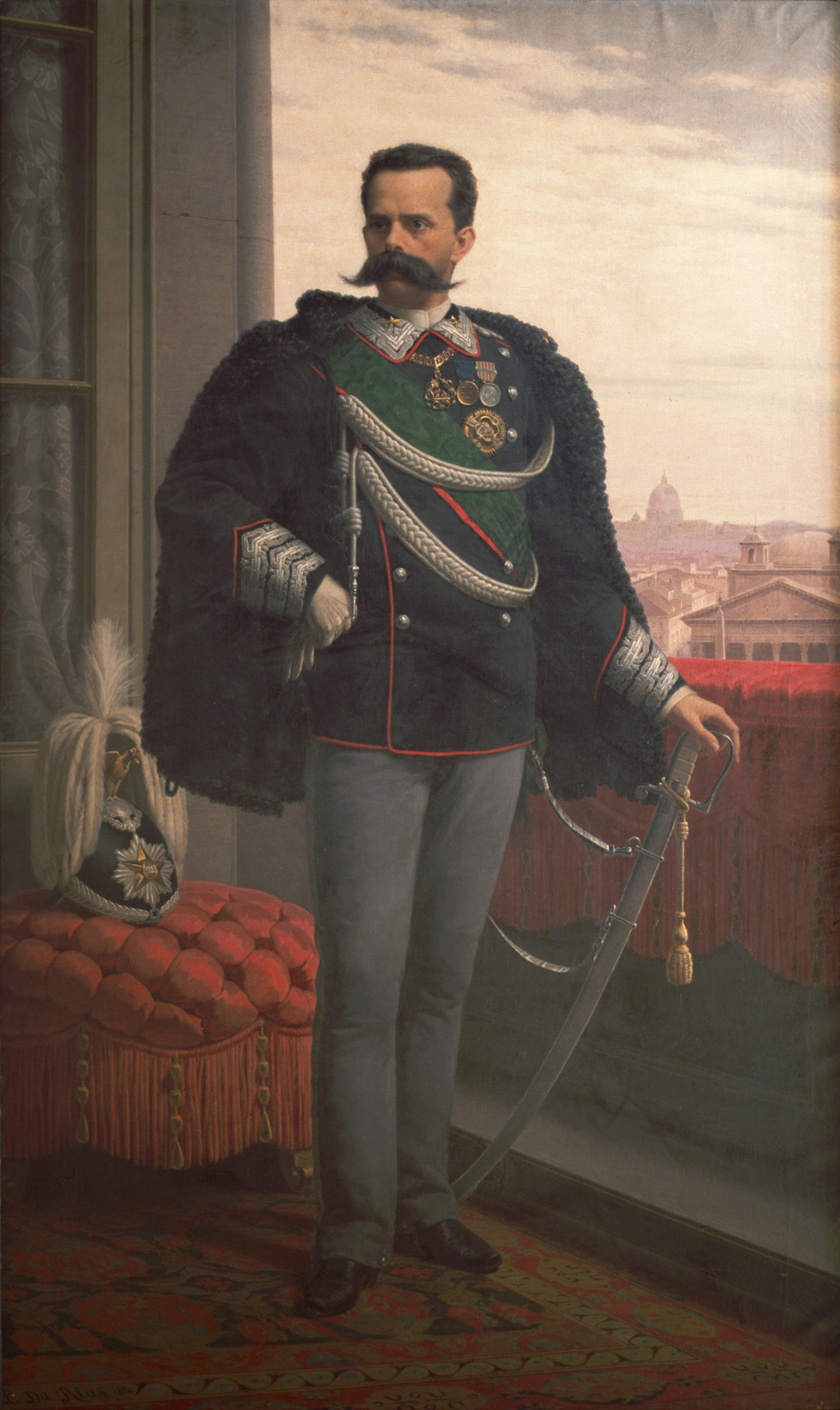
CRIME
1900
Italian American assassinates Italian king
In Monza, Italy, King Umberto I is shot to death by Gaetano Bresci, an Italian-born anarchist who resided in America before returning to his homeland to murder the king. Crowned in 1878, King Umberto became increasingly authoritarian in the late 19th century.
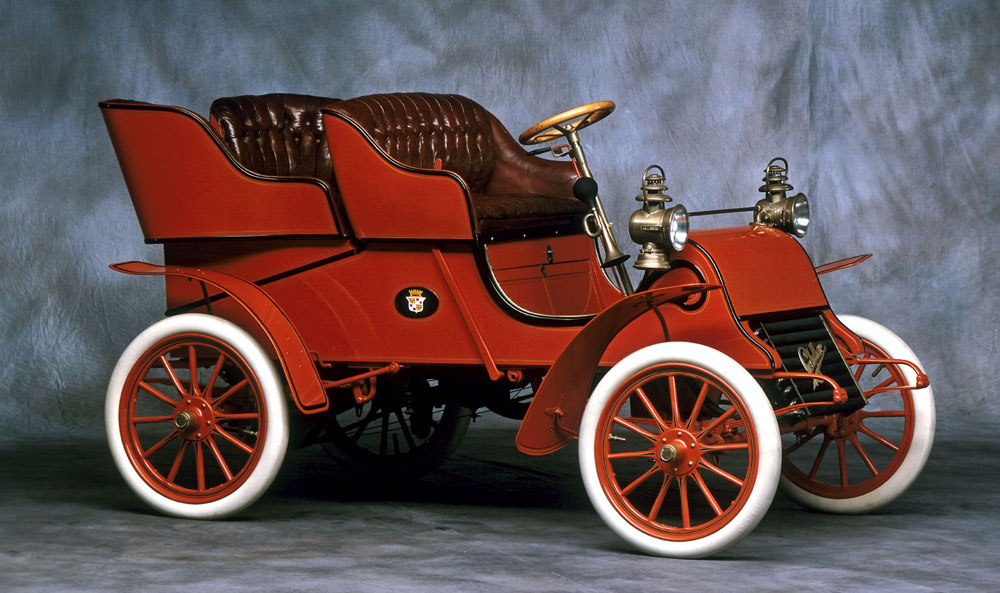
INVENTIONS & SCIENCE
1909
General Motors buys Cadillac
On July 29, 1909, the newly formed General Motors Corporation (GM) acquires the country’s leading luxury automaker, the Cadillac Automobile Company, for $4.5 million. Cadillac was founded out of the ruins of automotive pioneer Henry Ford’s second failed company.
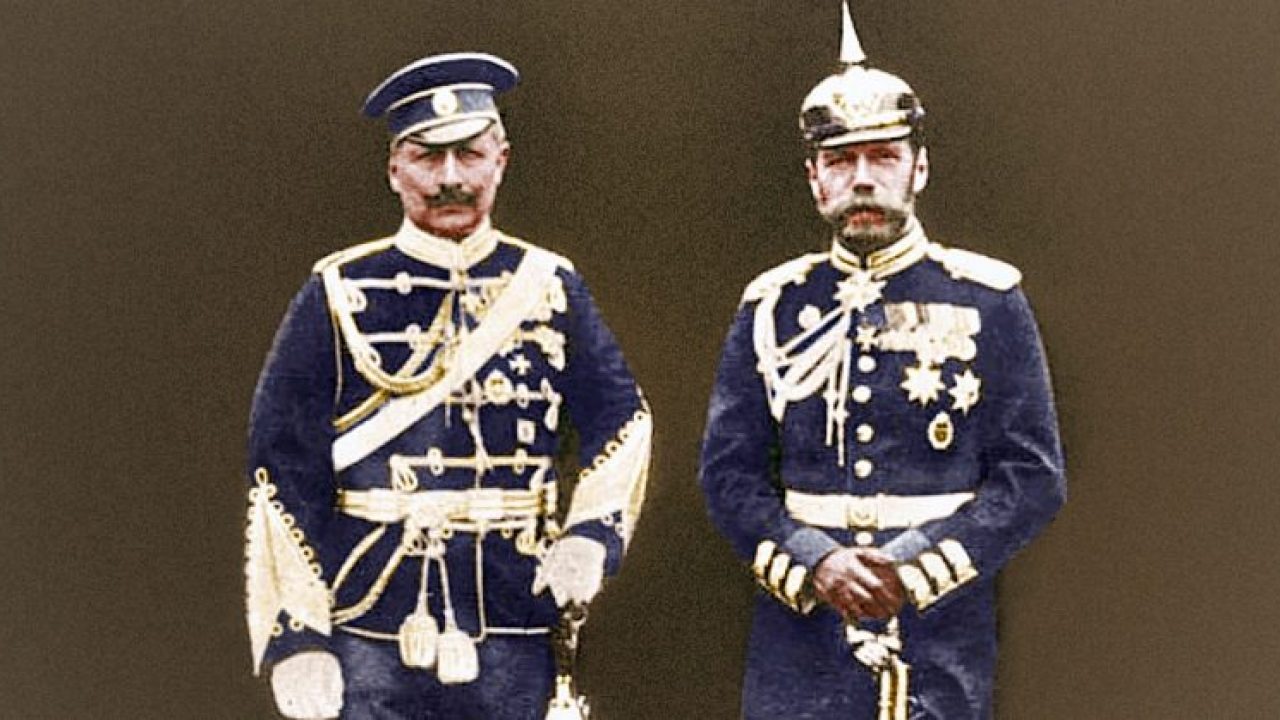
WORLD WAR I
1914
Kaiser Wilhelm of Germany and Czar Nicholas of Russia exchange telegrams
In the early hours of July 29, 1914, Czar Nicholas II of Russia and his first cousin, Kaiser Wilhelm II of Germany, begin a frantic exchange of telegrams regarding the newly erupted war in the Balkan region and the possibility of its escalation into a general European war.

VIETNAM WAR
1965
101st Airborne Division arrives in Vietnam
The first 4,000 paratroopers of the 101st Airborne Division arrive in Vietnam, landing at Cam Ranh Bay. They made a demonstration jump immediately after arriving, observed by Gen. William Westmoreland and outgoing Ambassador (formerly General) Maxwell Taylor.

SPORTS
1996
Carl Lewis wins fourth consecutive long jump at 35
On July 29, 1996, track and field legend Carl Lewis wins his fourth consecutive Olympic gold medal in the long jump. It was the ninth and final Olympic gold of his storied career. Frederick Carlton Lewis was born July 11, 1961, in Birmingham, Alabama, and raised in a middle-class family.

ART, LITERATURE, AND FILM HISTORY
2000
Brad Pitt and Jennifer Aniston wed
On July 29, 2000, Brad Pitt and Jennifer Aniston, one of Hollywood’s highest-profile couples, marry at the Malibu, California, estate of the producer Marcy Carsey (The Cosby Show). The two actors reportedly met on a blind date in 1998 and quickly became favorites of the tabloid.

VIETNAM WAR
1967
Rocket causes deadly fire on aircraft carrier
A fire on a United States Navy carrier stationed off the coast of Vietnam kills 134 service members on July 29, 1967. The deadly fire on the USS Forrestal began with the accidental launch of a rocket. During the Vietnam War, the USS Forrestal was often stationed off the coast.

CRIME
1976
Son of Sam terrorizes New York
The so-called “Son of Sam” pulls a gun from a paper bag and fires five shots at Donna Lauria and Jody Valenti of the Bronx while they are sitting in a car, talking. Lauria died and Valenti was seriously wounded in the first in a series of shootings by the serial killer.
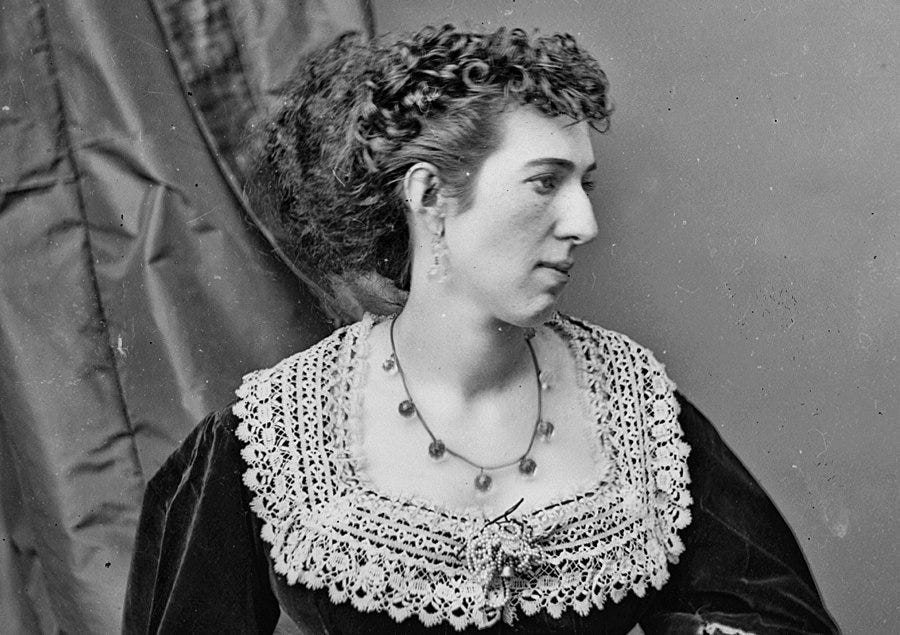
CIVIL WAR
1862
Confederate spy Belle Boyd is captured
Confederate spy Marie Isabella “Belle” Boyd is arrested by Union troops and detained at the Old Capitol Prison in Washington, D.C. It was the first of three arrests for this skilled spy who provided crucial information to the Confederates during the war.
Comments
Post a Comment